MercoPress. South Atlantic News Agency
Agriculture
-
Monday, July 13th 2009 - 11:46 UTC
Brazil feed lot industry more cautious about expansion
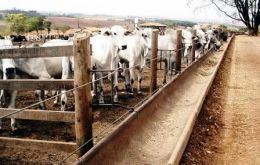
Brazil is planning to increase the number of cattle in feed lots by 4.6% which would be equivalent to a total of 1.673.500 heads, according to Beef Point, a Brazilian portal linked to the meat industry.
-
Friday, July 10th 2009 - 12:48 UTC
Uruguayan farmland selling prices down 20 to 30%
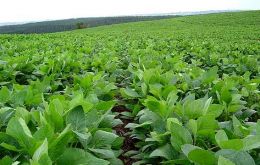
The cost of farmland in Uruguay has dropped between 20% and 30% in the first half of 2009 and the number of operations has fallen drastically, 70% according to local camp brokers.
-
Friday, July 10th 2009 - 07:38 UTC
Another record wheat year is forecasted for Uruguay
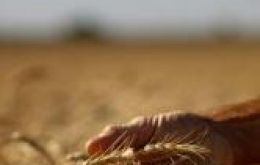
Uruguay could be heading for another record of farmland dedicated to wheat and although it is too early to have the exact data, estimates are above 500.000 hectares. Good climate and lower input costs, mainly from fertilizers, could be anticipating a record harvest next December overtaking the 480.000 hectares and 1.2 million tons of the 2008 crop, according to reports in the Montevideo press based on official and private estimates.
-
Wednesday, July 8th 2009 - 08:04 UTC
Mercosur soy bean reserves stand at a minimum
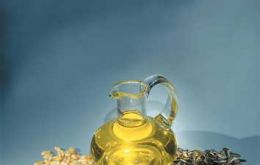
South America’s soy bean reserves suffered a strong reduction following recent sales while the global supply could be affected depending on the US crop and weather in the northern hemisphere according to Oil World latest forecast
-
Friday, June 26th 2009 - 12:49 UTC
Lula da Silva unveils agriculture 53 billion USD support plan

Brazilian president Lula da Silva announced Thursday the 2009/2010 Agriculture and Livestock Plan which will provide the equivalent of 53 billion US dollars in aid, to help farmers take advantage of rising global demand for food. This represents a 37% increase over the previous farm year.
-
Thursday, June 25th 2009 - 06:43 UTC
Paraguay hosts global conference to eradicate FMD in poor countries

Paraguayan president Fernando Lugo opened Wednesday in Asuncion the world conference on “Foot and Mouth Disease; the way towards global control” organized by FAO and the World Organization for Animal Health, OIE.
-
Wednesday, June 24th 2009 - 04:00 UTC
South American wines help overcome the global crisis

As the world grits its teeth and grabs another glass of something to chase the blues away, South American wine producers are watching exports bounce. International wine sales from places like Chile, Argentina, Brazil and Peru are up in the first quarter of 2009, and industry professionals are saying the crisis has been positive for them.
-
Tuesday, June 23rd 2009 - 07:57 UTC
New soybean strain completes regulatory submission in Brazil
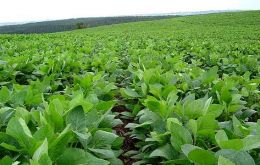
Monsanto announced Monday it has completed regulatory submission in Brazil for its insect-protected Roundup Ready 2 Yield(TM) soybeans. The stacked trait product provides both protection from feeding damage caused by lepidopteran insect pests (moths and butterflies) in Brazil and tolerance to Roundup(R) agricultural herbicides.
-
Monday, June 22nd 2009 - 12:20 UTC
Agriculture showing more resilience to economic crisis
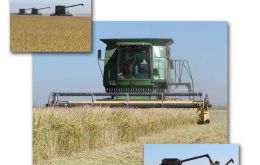
Because food is a basic necessity, the agriculture sector is showing more resilience to the global economic crisis than other industries. But the risks could increase if the economic downturn deepens, according to a new report by the OECD and FAO released this week.
-
Sunday, June 21st 2009 - 11:28 UTC
FAO forecasts second-highest record cereals crop for 2009/10
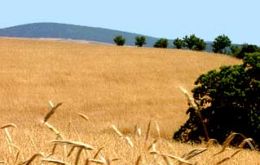
With the second-highest recorded cereals crop expected this year and stocks replenished, the world food supply looks less vulnerable to shocks than it was during last year’s food crisis, FAO said in its Food Outlook report published this month. But some potential dangers remain, it also noted.
